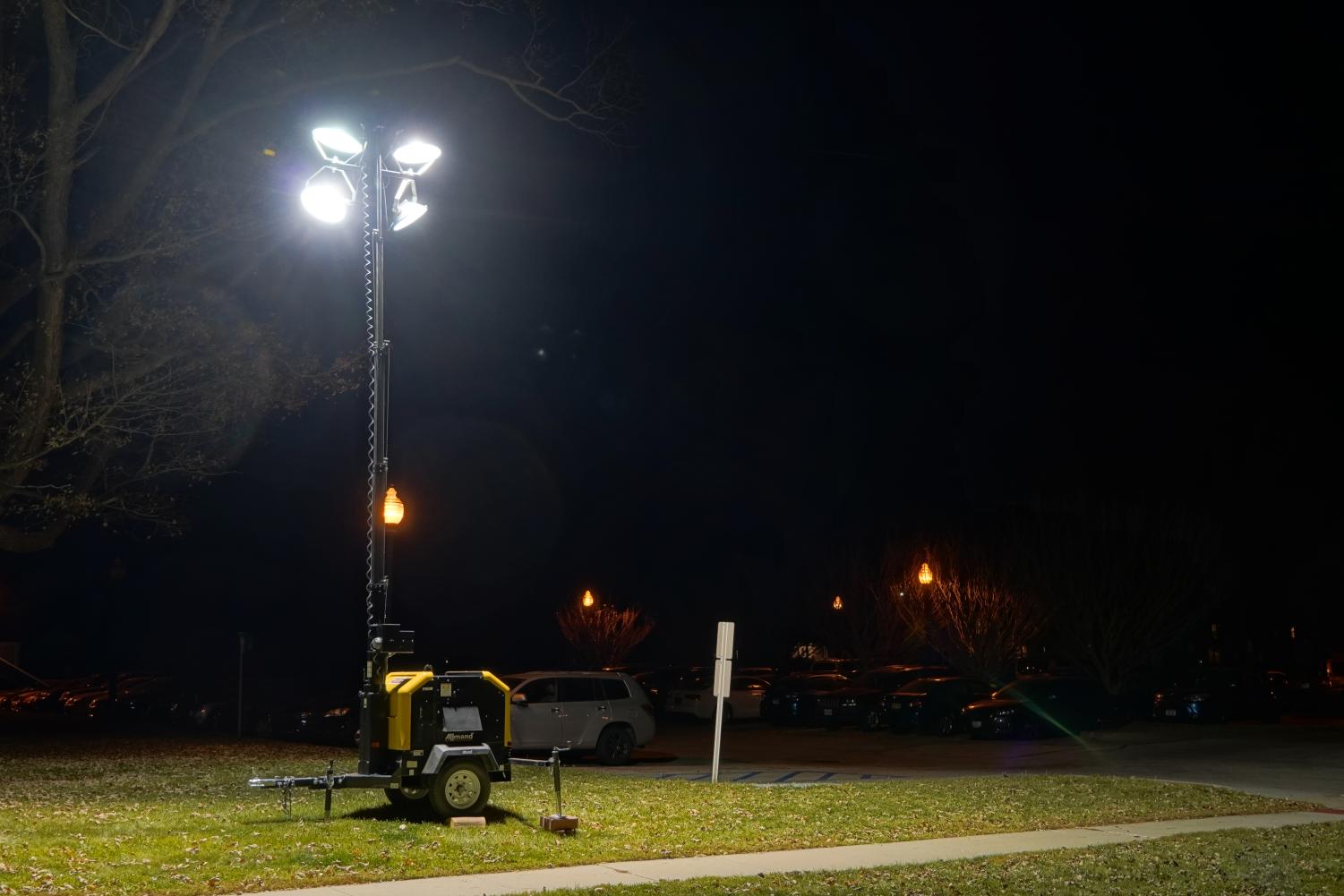In October 2022, a series of racist incidents at Grinnell College — including racial slurs shouted from passing cars and graffiti with hate speech and symbols on campus signs and vehicles — left students, especially Black students, feeling unsafe.
In response, the Black Student Union (BSU) issued a list of 10 demands, calling on the College to address safety and accountability. But students say these actions haven’t fully addressed their safety concerns or persistent racial tensions.
Today, several initiatives aimed at meeting BSU’s demands now look like permanent parts of campus life, replacing the initial makeshift measures put in place. Yet, students say that while these actions were intended to address safety and accountability, racism is still pervasive in the college community.
Unresolved tensions linger
Juliana Gaddis `25, BSU co-spokesperson, noted that although blatant incidents have subsided, subtler forms of discrimination persist as community support diminishes. “Following the incident, many members of the Grinnell campus community rallied around us in support during our time of need,” Gaddis said. “While we continue to feel the effects of this experience, we believe that the initial solidarity we felt has begun to wane.”
College President Anne Harris said the incidents were a painful reminder of racism’s historical roots in the United States.
“The sequence of events is as old as the history of the United States, where racism has been a part of American history from its inception,” Harris said. “There had, in fact, been quiet coming out of the pandemic, and so this was a real shock to the community when it happened, because it was immediate and pervasive.”
For students like Yaleigh Harris `26, BSU interim vice spokesperson, who was a first-year at the time, the incidents were a stark and painful introduction to Grinnell College life. “I experienced an intense emotional response to the aggressive racist behavior I encountered — something I hadn’t faced in such a form before,” Harris said.
For Gaddis, the events heightened feelings of vulnerability and isolation. “When this event occurred, I felt even more isolated,” Gaddis said. “I wasn’t comfortable stepping outside, especially at night, and especially not on my own.”
Despite a $2,000 reward for information, the perpetrators of the 2022 vandalism remain unidentified.
While some students initially suspected townspeople, many, including Gaddis, said they believed students were likely involved. “I think a lot of scapegoating was put on townspeople,” Gaddis said. “But we as students knew from being in class with our peers that it was not beyond them to do something like this.”
Partial progress, but concerns persist
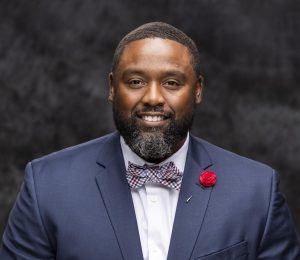
One of BSU’s primary demands was to hold town halls and foster more community dialogue. Marc Reed, vice president for Diversity, Equity, and Inclusion, said this demand led to discussions involving campus members and local residents, facilitated by the national school improvement network organization Building Assets, Reducing Risks (BARR). “Now we have what we call bias incident response managers, trained individuals to really address and really support and give agency to the individuals that have experienced the bias incident,” Reed said.
Monica Chavez-Silva, vice president for community engagement and strategic planning, highlighted two initiatives that emerged from separate discussions since the incidents — Build a Better Grinnell, a long-term vision that will guide the community over the next decade, and the Grinnell Alliance, directly inspired by these community dialogues.
Chavez-Silva said reducing racism has been identified as one of the community’s top ten priorities in the Build a Better Grinnell research.
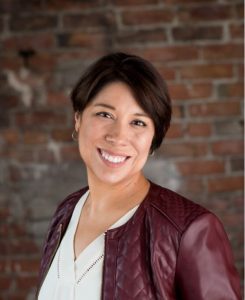
Addressing safety concerns, Campus Safety has met many, but not all, of BSU’s demands in the past two years.
Cameras, the key item on the list, were installed across campus with an amnesty policy for student conduct, according to James Shropshire, director of Campus Safety. Additional permanent lighting was also added to poorly lit areas.
Self-defense training sessions, another key demand, were also held in direct response to the BSU’s requests.
Grinnell Police Chief Michael McClelland emphasized the department’s partnership with the College on community engagement to address safety and reduce racism. “Anytime we [Grinnell Police Department and Grinnell College] can get together and collaborate on community engagement plans on how we reduce racism within the community, that’s what we do,” McClelland said.
The Grinnell Police Department also have their own community engagement plan. “I release monthly reports on our stats, on our arrests, our citations, and I break it down by race so everybody can see that we’re being transparent, and we’re not targeting any specific anybody,” McClelland said.
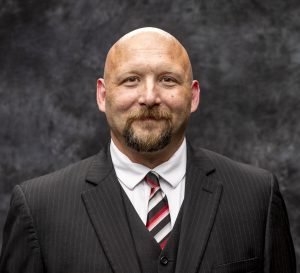
Mental health resources for Black students have also expanded, another primary demand from BSU. Terry Mason, dean for Health and Wellness, said Grinnell now offers an online therapy option with Thriving Families Counseling Services (TFCS), as well as in-person with a counselor from the Student Health and Wellness center (SHAW).
“We put a proposal to contract with Thriving Families to provide a Black counselor for 20 hours a week,” Mason said, adding that Devin, the Thriving Families counselor, has expertise in racial trauma.
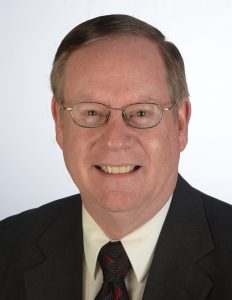
In a later email to The S&B, Mason wrote that SHAW has five BIPOC counselors available for in-person counseling. That includes Dr. Moeller, Devin Robertson, who is Black, and three doctoral practicum counselors from the University of Iowa, “all of whom contribute to the terrific diversity that SHAW has among its counseling staff,” wrote Mason.
Despite these changes, other BSU demands, such as paid time off for Black student workers, required recovery days and legal accountability for hate crimes have yet to be implemented.

